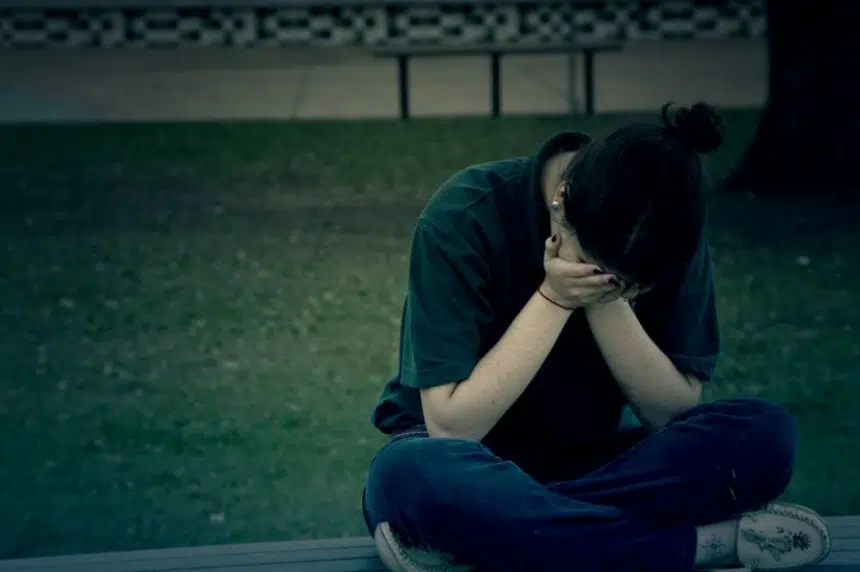The last two years have been challenging in their own aspect for everyone involved in the pandemic.
Even with fewer restrictions in place, depression cases are rising overall for people of all ages.
Lee Bourgeault is a Canadian certified counsellor and a therapist with the online therapy unit at the University of Regina. Bourgeault said there are a few important things to consider when it comes to dealing with depression.
“I think the biggest thing is that everyone is experiencing this pandemic in different ways,” Bourgeault said. “To feel overwhelmed or depressed at times in reaction to it is a very normal reaction. No one’s alone in that experience.”
Bourgeault has become incredibly busy since the start of the pandemic and there are no indicators that things will slow down anytime soon.
“When the pandemic hit, we had our busiest year ever with applications to our course because this is a very human experience and reaction that’s difficult,” he added.
One in every four people will undergo clinical depression symptoms at some point in their life, according to Bourgeault.
However, she has reason to believe those numbers could look different now as we near two full years of the pandemic.
“I think depression and anxiety symptoms are very human, (and) we’re all going to have them from time to time based on situations in our life that are happening,” Bourgeault said.
“With the pandemic and how wide-sweeping this has been in terms of changing our lives in ways we didn’t expect and couldn’t plan for, I’m confident that those numbers have gone up.”
Bourgeault points to community involvement loss as a big factor as to why client numbers continue to increase.
“It’s very difficult to get that sense of community, especially with isolation and not being at work. That’s something that comes up quite frequently with our clients that they’re feeling very disconnected,” Bourgeault said.
There are a few things you can do to stay in contact with friends and family members that don’t have to be done in a face-to-face setting, according to Bourgeault.
It all happens through phones and other tablets.
“Making sure to have phone calls with family members who might be living far away or video calls with friends,” she said.
“I know that doesn’t meet our social needs in the same way that having people over would or going out to see a baseball game, and it meets that need in a lesser way, but in a way that we need as humans to have some social contact.”











